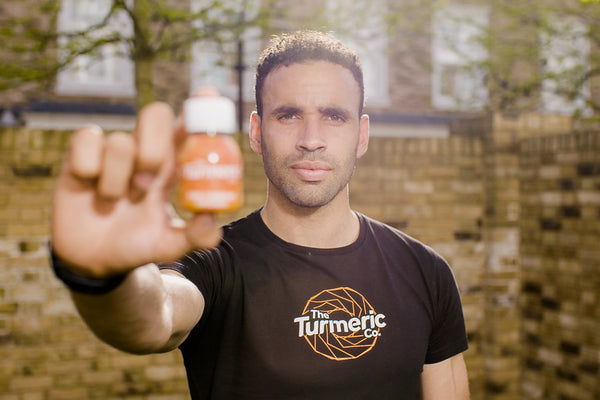We’ve taken a look at how the sleep cycle works, and the science behind it. Now, let’s put that information into action, and work out how we can sleep better.
Read on to discover the key catalysts that affect your sleep quality, and learn what you need to do to get a consistent 8 hours each night.
Is there a right time to sleep?
Sadly, it’s not quite as easy as hitting the hay and getting some shut-eye as and when we please. If you want to make the most of your sleep-wake cycle and get sufficient amounts of both Slow-Wave and REM sleep, there’s a time window you need to take advantage of.
The National Sleep Foundation states you should aim to fall asleep between the hours of 8pm and midnight to secure your 8 hours.
Not a morning person? It’s probably in your genes
Springing out of bed at 5am isn’t down to fitness or stress levels per se. In fact, whether you’re a night owl or an early bird comes down to your chronotype, which is largely defined by genetics.
So, if you find it hard to get up in the morning, don’t beat yourself up – your parents can take the blame for that one! The key here is to not fight your physiology. So, if you’re feeling tired, sleep!
5 Steps to a better night’s sleep:
Follow these 5 points to fall asleep faster, stay asleep for longer, and wake up feeling more rested:
1) Create a nightly wind-down routine
Some people can spend an hour firing off emails on their phone and be out like a light. Others have to read, meditate, and practice relaxation techniques.
The bottom line is find out what works for you. If you’re struggling to get enough sleep, try creating a wind-down routine that you follow to help rid yourself of the stress and anxiety you’ve built up through the day.
2) Get outside for 30+ minutes each day
Sunlight plays a huge role in regulating your circadian rhythm, or your internal body clock.
As we head into winter and you find yourself dipping from public transport to dimly-lit offices and back each day, this becomes even more important. Even if it’s just a quick walk at lunch, it’ll help.
3) Shut out blue light in the evenings
Blue light emitted from your screens suppresses melatonin – the wonder hormone that makes you feel sleepy.
Try to avoid any blue light an hour before you’d like to be asleep. Read a book, listen to a podcast or go for an easy walk instead.
If you can’t reduce your screen time any further, consider a pair of blue light glasses.
4) Get some exercise in each day
If your body isn’t tired, it won’t sleep well. Exercise can help drain your tank and stimulate the release of hormones that won’t just help you stay asleep for longer, but will also leave you feeling happier, more focused and less stressed.
5) Keep it cool
Although to an extent this comes down to preference, research has shown that the best room temperature for a quality night’s sleep is 18-21C.
Focus on rest, and reap the rewards
You know what you need to do – put the above steps into practice and let us know in the comments how you get on!
Looking for other ways to improve your mental and physical function? Try our range of all-natural turmeric shots, packed with organic curcumin and designed to give your body the boost it needs.

The Hal Robson-Kanu Guide To Fitness & Nutrition
Gain exclusive insight into habits that will make every day a healthy and fulfilling one.













